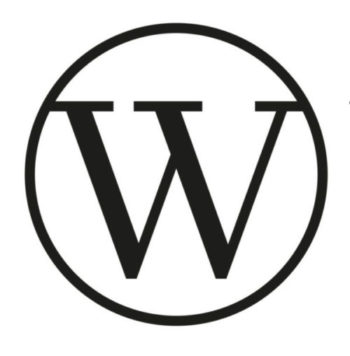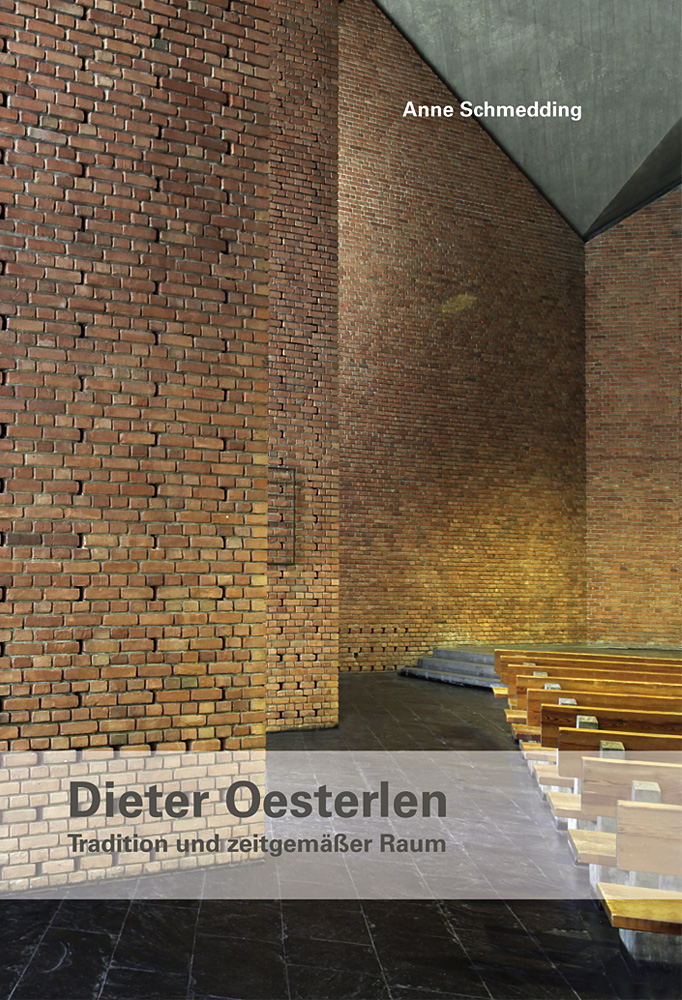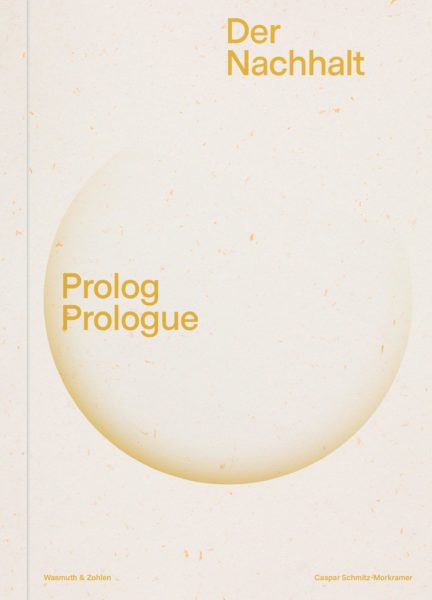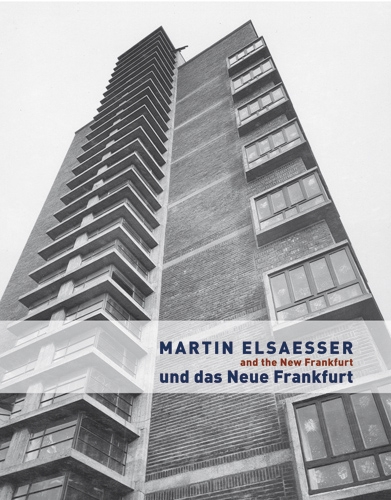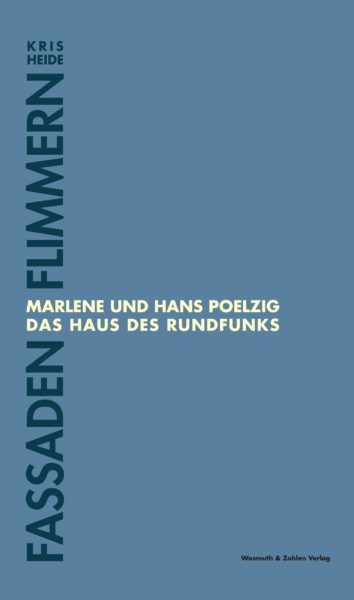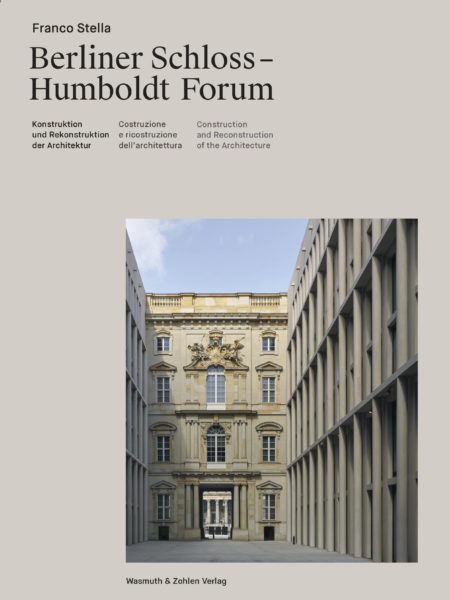Dieter Oesterlen
Tradition und zeitgemäßer Raum
In this first monograph on Dieter Oesterlen, central works such as the reconstruction of the Marktkirche Hannover (1946-51) or the Lower Saxony Parliament (1957-62), currently threatened with demolition, are presented in detail. An extensive pictorial section also approaches the timeless quality of Oesterlen's buildings photographically.
- Author: Anne Schmedding
- ISBN: 978 3 8030 0744 5
- Size: 17,5 x 24,5 cm. Hardcover
- Edition: 1st edition, original edition
58,00 €
incl. 7% VAT
zzgl. Versandkosten
-
Dieter Oesterlen (1911-1994) is one of the most important architects of the post-war era in Germany. As one of the founders of the “Braunschweig School,” he became known above all for his special treatment of architectural monuments destroyed during the war. Among other things, he supplemented, reshaped and “modernized” churches and palace buildings, thus showing ways beyond the tabula rasa or a supposedly truthful reconstruction. In doing so, he was deeply committed to the goal of combining traditional form and modern use.
His new church buildings also document this conviction. With the Christuskirche in Bochum (1957-59) or the Jesus-Christuskirche in Sennestadt (1962-66), he created a synthesis of expressionist-crystalline forms and traditional structures that resulted in impressive, modern, sacred spaces.
Read in:
Deutsch -
Author Anne Schmedding ISBN 978 3 8030 0744 5 Size 17,5 x 24,5 cm. Hardcover Number of pages 372 pages Illustrations 406 (colored) illustrations Languages German Edition 1st edition, original edition Release December 2011
